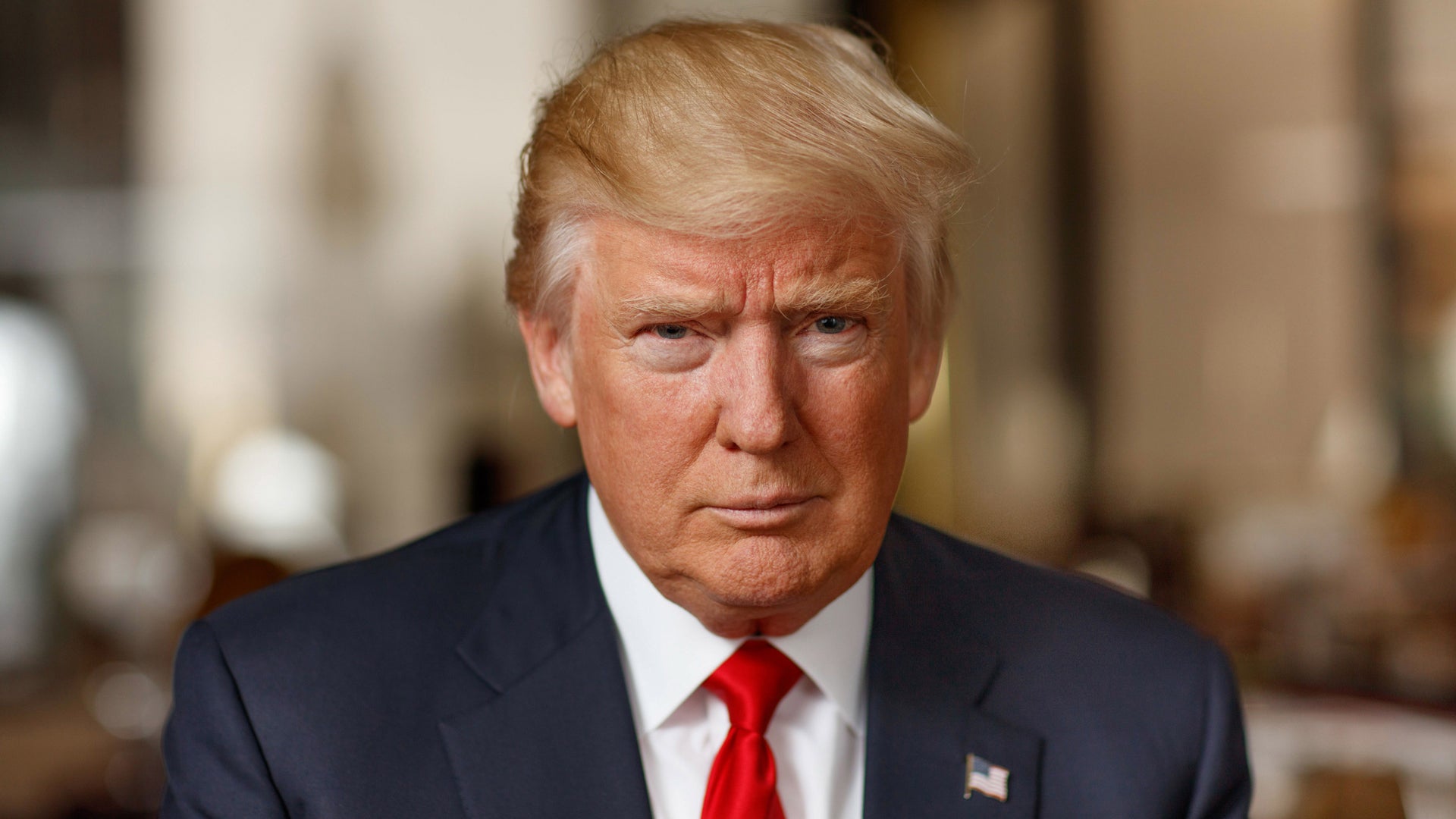At least 30,000 Kenyans residing in the United States are on edge following former President Donald Trump’s reaffirmation of his intent to carry out mass deportations of irregular migrants. On Monday, November 18, Trump confirmed plans to declare a national emergency to fulfill this controversial campaign promise.
In a repost on social media, Trump shared a statement by Tom Fitton, leader of the conservative organization Judicial Watch. Fitton claimed the incoming administration was “ready to declare a national emergency” and would leverage military resources to reverse what he described as a migrant “invasion” under the Biden administration.
To spearhead this initiative, Trump has selected several immigration hardliners for prominent roles in his administration. Among them is South Dakota Governor Kristi Noem, who has been nominated for the position of Homeland Security secretary, pending Senate approval.
Trump’s campaign highlighted immigration as a critical issue, with a particular focus on stemming the tide of irregular migration. He accused the Biden administration of fostering an unprecedented rise in unauthorized immigration, which he has vowed to curb by tightening border controls and enforcing deportations.
The Kenyan Impact:
An estimated 11 million undocumented migrants currently reside in the U.S., according to the 2020 Census, with Kenyans accounting for at least 30,000 of this population. The U.S. remains the top destination for Kenyan migrants globally, with approximately 157,000 Kenyans living in the country legally and illegally. The United Kingdom follows closely with 139,000 Kenyan residents, based on United Nations data.
The Trump administration’s proposed crackdown could significantly disrupt the lives of undocumented Kenyans who have built livelihoods in the U.S. Many fear abrupt repatriation to Kenya, a move that could strain their families and future prospects.
Concerns Beyond Deportation:
In addition to deportation risks, Kenyan students on Optional Practical Training (OPT) visas are bracing for potential changes. OPT allows international graduates to gain work experience for up to three years, particularly in STEM fields. Under Trump’s previous term, there were efforts to restrict the program, creating uncertainty for students and recent graduates.
As Trump prepares to assume office, undocumented Kenyans and international students alike face an uncertain future, with immigration policy set to become a central focus of his administration.

